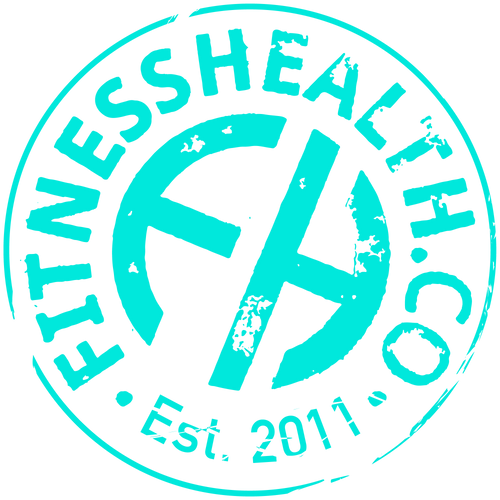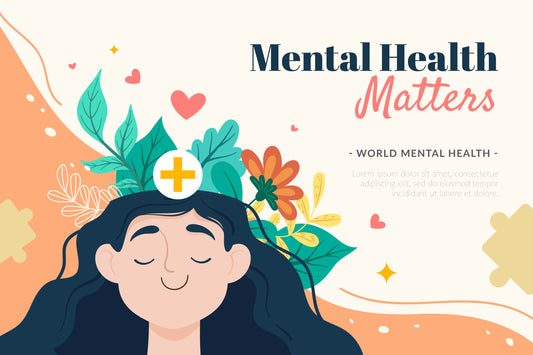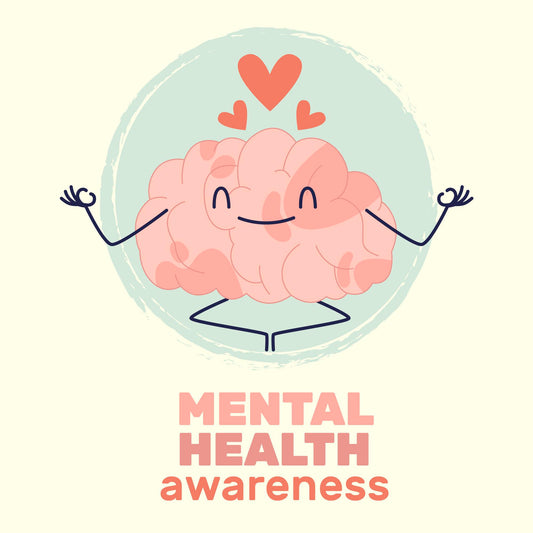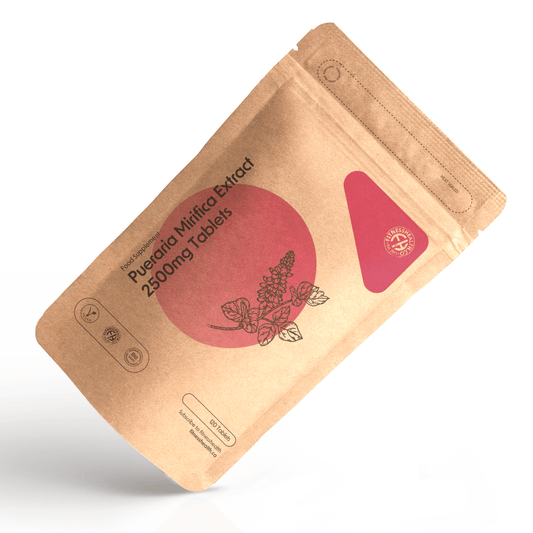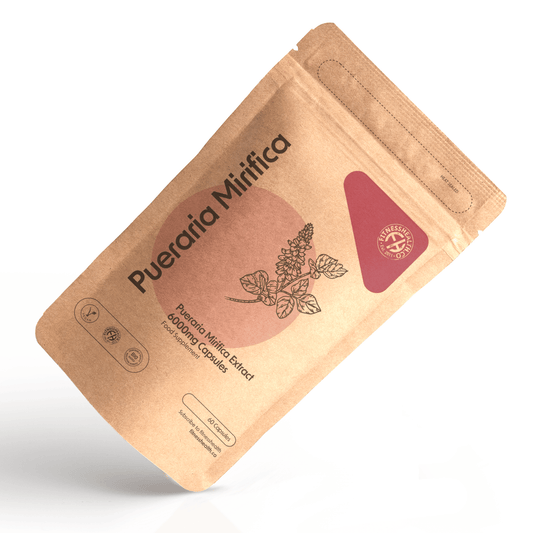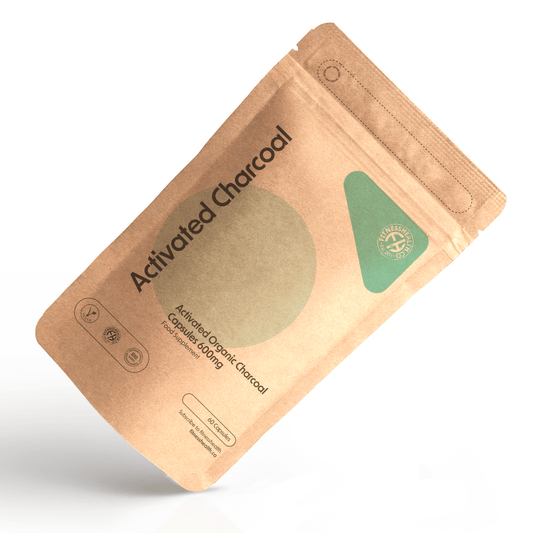
Not sure how to separate exercise-related fact and fiction? Here are 14 of the most common misconceptions about workouts so you know what not to believe:
- If you’re not sweating, you’re not working out hard enough. Some people don’t sweat a lot naturally, so this isn’t a good indicator of energy expenditure.
- 2. Lifting weights will make you look like a bodybuilder. Lifting weights normally will help you tone, not bulk you up.
- To know how many calories you’re burning, check the counter on the machine. If you want a more accurate number, use a personalized monitor or calculate the number yourself.
- Weight training burns fewer calories than cardio. Not always; it depends on the type of workout.
- The best way to assess whether you’re working out hard enough is to use a heart monitor. Some are more accurate than others, but it’s always best to listen to your body and judge this yourself.
- You can eat a lot more calories if you’re working out. Most workouts only burn a couple hundred calories which isn’t enough to justify adding another big meal to your day.
- You can spot reduce. While you can tone particular muscles, you won’t see them if they’re covered in fat so that should be your first goal.
- I can be lazy the rest of the day as long as I’ve worked out. The more movement you have in your day, the better.
- I can eat what I want as long as I’ve worked out. Exercising isn’t a free pass for eating junk food.
- “No pain, no gain.” Exercise shouldn’t hurt. If it does, you’re doing something wrong.
- If I don’t have 30-60 minutes, I might as well not exercise at all. Research shows that even 10 minute intervals are beneficial.
- Lifting weights will make the scale go up. It may initially, but then it will go down because muscle burns more calories than fat.
- Low intensity is better than high intensity (or vice versa). Both have a place in a proper exercise session, so vary your workouts for the best results.
- Stretching will prevent injuries. Stretching helps improve health, but research has found it doesn’t necessarily keep you from being injured.
